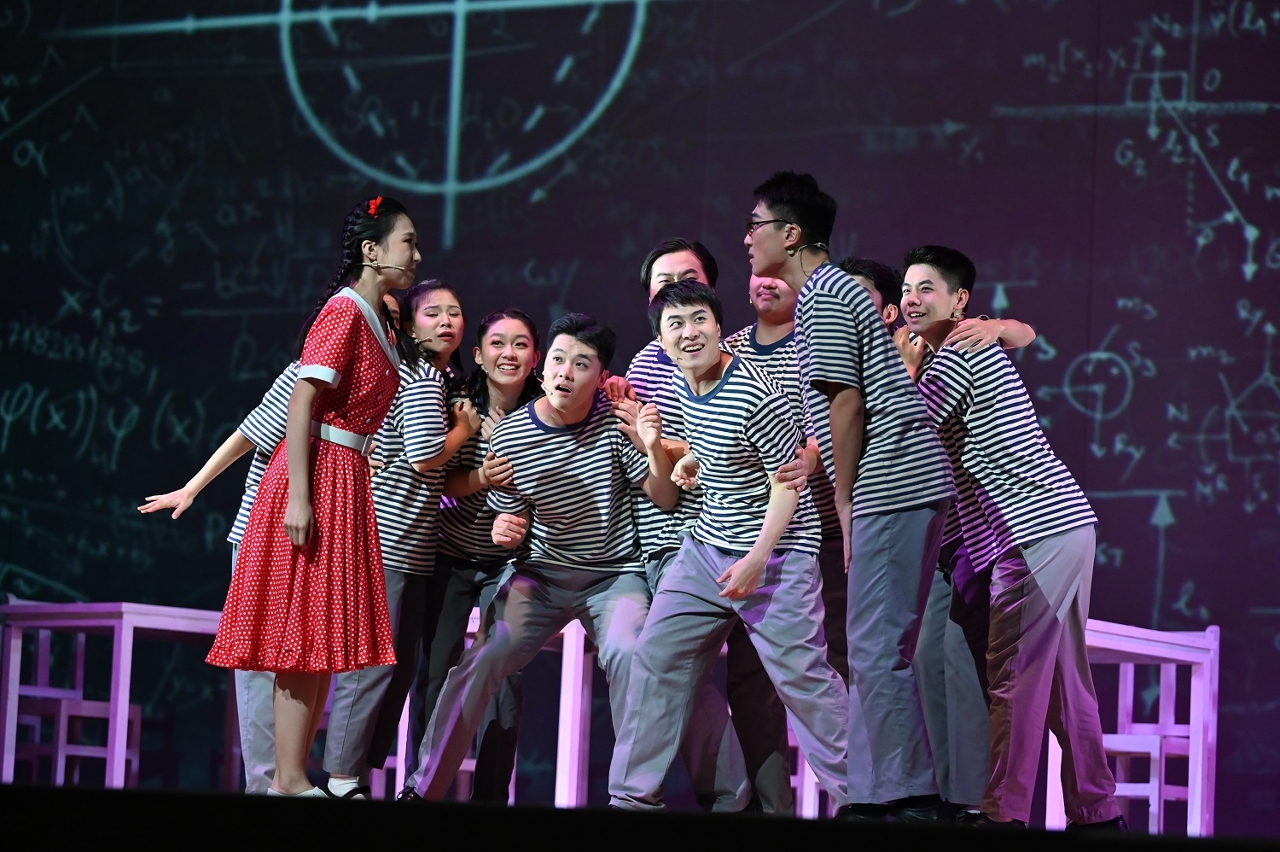 Tsinghua University’s original drama Ma Lan Hua Kai is premiered at UM
Tsinghua University’s original drama Ma Lan Hua Kai is premiered at UM
Tsinghua University’s original drama Ma Lan Hua Kai was premiered at the University of Macau (UM). The event is organised by the China Association for Science and Technology, the Ministry of Education, the Central Committee of the Communist Youth League, the Chinese Academy of Sciences, the Chinese Academy of Engineering, the China Federation of Literary and Art Circles, and the Macao SAR Government. It is co-organised by the Education and Youth Development Bureau of the Macao SAR Government and the Association for Promotion of Science & Technology of Macau, and hosted by Tsinghua University and UM.
Qiu Yong, secretary of the Party Committee of Tsinghua University, delivered a speech at the event. He said that Tsinghua University has produced many talent for the country and that Deng Jiaxian, the protagonist of the drama, was one of its most outstanding figures. The drama was staged in Macao to promote patriotism, encourage dedication to science, and strengthen cooperation and exchanges between Tsinghua University and Macao. He also expressed good wishes for the successful implementation of the ‘One Country, Two Systems’ policy.
The drama Ma Lan Hua Kai recounts the extraordinary life of Deng Jiaxian, a Tsinghua alumnus and a recipient of the Two Bombs and One Satellite Award, who devoted himself to China’s nuclear weapons programmes. Its premiere at UM attracted nearly 1,000 audiences, including government officials, UM Rector Yonghua Song, as well as people from all walks of life in Macao, representatives of scientific and technological workers, representatives of universities and secondary schools, and Tsinghua University alumni.


